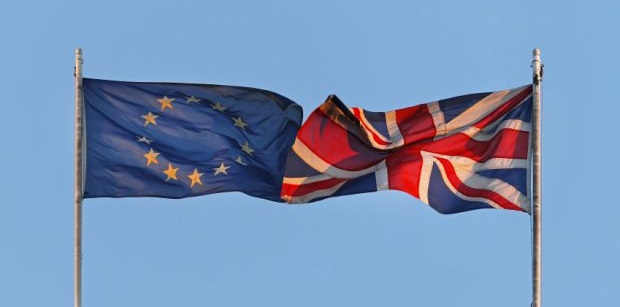
London, UK | Xinhua | Three years after the United Kingdom’s (UK) departure from the European Union (EU), there is now a reasonable consensus that the effects of Brexit on the country’s economy have been negative, and public support for it has been decreasing, a scholar has said.
“It’s more an incremental, small, bit by bit, drip by drip effect on the British economy. But it’s mainly been in one direction of being negative,” Professor Iain Begg from the London School of Economics and Political Science has recently told Xinhua.
He said that the idea was “really unrealistic” that the massive new trade deals would compensate for not having the same access to the European market.
Brexit’s effects have not been catastrophic, Begg said, adding “they’ve meant that we’re paying a bit more for foreign goods. We are a bit more isolated from export markets because there’s all the paperwork associated with trading across the European border now.”
The vast majority of the 71 deals agreed since Brexit are rollover agreements with countries that already had trade agreements with the EU, according to an analysis published by the academic network UK in a Changing Europe in January.
Asked about the effects of Brexit over the past years, Begg told Xinhua that although the UK left the EU three years ago, “what we see now is the incomplete nature of the deal, both to leave and then to try to have cooperation for the future between the EU and the UK.”
The professor said the still outstanding issues include the Northern Ireland Protocol that has not been resolved, and there is still unfinished business in a whole range of areas, notably a big part of the UK economy, such as financial services or the fishing industry.
The number of Leave voters, who think it was wrong for the UK to vote to leave the EU, has been steadily increasing since 2021, hitting a record 19 percent in November 2022, YouGov data showed.
Another YouGov survey in January asked some Leave voters why they changed their minds. The top reason, it found, is “just a general sense that things have gotten worse since Brexit.” One in nine said they felt people were lied to about Brexit, or because it has not turned out how they expected when they voted back in 2016.
“With hindsight, the decision taken by the British people is one which was motivated primarily not by economic but by political considerations,” Begg said.
In June 2016, the UK held a national referendum on quitting the EU. Fifty-two percent voted in favor.
“Whether it was a wrong decision or not to let the public decide is one question. There’s also a second question about whether the referendum was the appropriate mechanism for taking that decision,” the expert said.
Post-Brexit UK-EU ties have also elicited disputes. The one over the Northern Ireland Protocol, the rules governing post-Brexit trading arrangements for Northern Ireland, has strained bilateral relations.
Begg told Xinhua that one reason for the conflicts between London and Brussels is that the deal is incomplete and the incompleteness means there are still things that need to be resolved. Another reason, he added, is the tone adopted by some former prime ministers, triumphalist about Brexit and antagonistic towards the EU.
“It’s a mess in the sense that nobody quite thought through the consequences of both the overall decision and the much more detailed choices that had to be made to separate the UK from the EU,” he said.
 The Independent Uganda: You get the Truth we Pay the Price
The Independent Uganda: You get the Truth we Pay the Price



